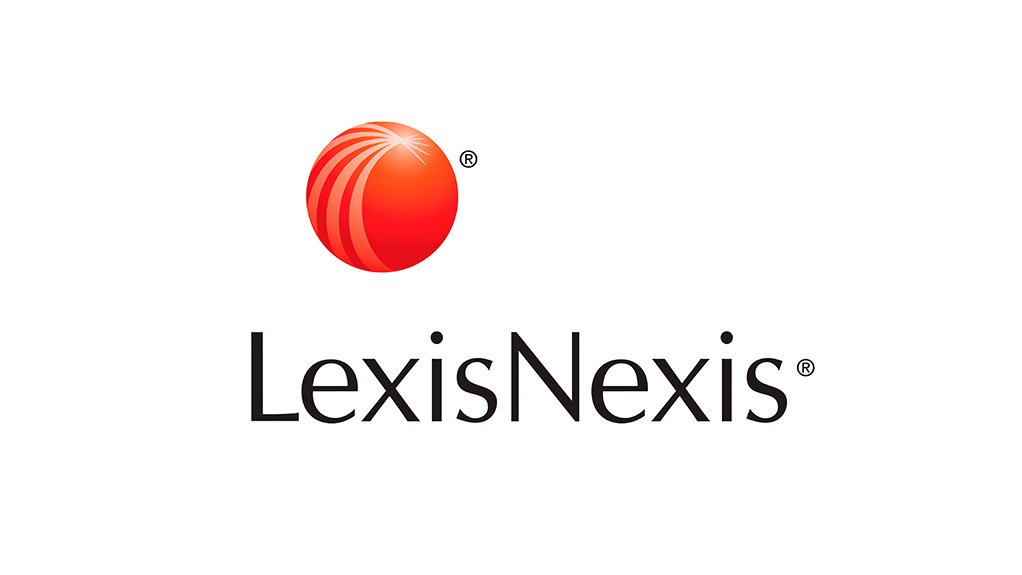Organisations wishing to do business with organs of state will need to prepare for imminent changes that become effective on 1 April 2017. This follows the issuing of new Preferential Procurement Regulations on 20 January 2017, in terms of the Preferential Procurement Policy Framework Act, 2000.
The Regulations, issued by the Minister of Finance, were revised to align with certain changes to the Broad-Based Black Economic Empowerment (B-BBEE) legislation. They encourage procurement from Small Enterprises, particularly through sub-contracting if a tender is set above the R30 million threshold.
The Regulations focus on the need by all organs of state and public entities to specify conditions that only locally produced goods or locally manufactured goods meeting the stipulated minimum threshold for local production and content will be considered for certain designated sectors. They also afford organs of state the freedom to choose to apply pre-qualifying criteria to advance certain designated groups.
If applied with the pre-qualifying criteria and sub-contracting requirements, the Regulations could have the far-reaching empowerment effect which its predecessors sorely lacked. If not utilised, there will be pressure on organs of state to motivate why these qualifying criteria and sub-contracting requirements are not being applied.
Small businesses that have been battling to get Government departments to accept their B-BBEE Affidavits when tendering, will be pleased to note that the Regulations now clearly stipulate that an Affidavit as prescribed by the B-BBEE Codes of Good Practice is acceptable proof of B-BBEE status. Sworn Affidavits and SANAS Accredited B-BBEE Verification Agency certificates are the only acceptable form of proof of B-BBEE Status.
All tender documents must:
• stipulate the preference point system applicable;
• determine whether pre-qualification criteria are applicable;
• determine whether the goods or services are in a designated sector for local production and content;
• determine whether compulsory sub-contracting is applicable; and
• determine whether objective criteria are applicable.
One major area of change is the freedom which the Regulations afford the organs of state to choose to apply pre-qualifying criteria to advance certain designated groups. This will allow them to focus for example on promoting Women Empowerment, Small Business Empowerment, Disability Empowerment or Black Empowerment. Any tender which does not meet with this pre-qualification will be unacceptable,
The criteria which the organ of state can apply for pre-qualification are that the tenderer:
o must have a stipulated B-BBEE status level
o must be an EME or QSE
o must sub-contract a minimum of 30% of the value of the contract to:
o EME or QSE which is at least 51% black owned;
o EME or QSE which is at least 51% owned by black youth (from the ages 14 to 35);
o EME or QSE which is at least 51% owned by black people who are women;
o EME or QSE which is at least 51% owned by black people with disabilities;
o EME or QSE which is 51% owned by black people living in rural or underdeveloped areas or townships;
o a cooperative which is at least 51% owned by black people;
o an EME or QSE which is at least 51% owned by black people who are military veterans;
o an EME or QSE.
A last significant change in the Regulations is the requirement to sub-contract for contracts valued above R30 million, if feasible, in order to advance designated groups. It must be advertised in the tender documents as a specific tendering condition that a minimum of 30% of the value of the contract must be contracted to:
• an EME or QSE
• EME or QSE which is at least 51% black owned;
• EME or QSE which is at least 51% owned by black youth (from the ages 14 to 35);
• EME or QSE which is at least 51% owned by black people who are women;
• EME or QSE which is at least 51% owned by black people with disabilities;
• EME or QSE which is 51% owned by black people living in rural or underdeveloped areas or townships
• a cooperative which is at least 51% owned by black people
• EME or QSE which is at least 51% owned by black people who are military veterans; or
• More than one of the categories above
All categories of businesses listed above should ensure that they are registered on the National Treasury Supplier Database. The organ of state must make available the list of all suppliers registered on a database, approved by the National Treasury, to provide the required goods or services in respect of the applicable designated groups, from which the tenderer must select a supplier.
The Practical Guide to the Amended B-BBEE Codes of Good Practice for Specialised Entities by Brigitte Brun and Maxi-Lee Machado published by LexisNexis South Africa, is the first comprehensive workbook aimed at public entities, government departments, universities and non-profit organisations. The book will assist these entities with the development of their transformation strategies in line with the B-BBEE rules and regulations. Readers will gain a better understanding of how to calculate their B-BBEE score through the practical calculation examples. The Practical Guide to the Amended B-BBEE Codes of Good Practice for Specialised Entities also covers the new PPPFA Regulations, which come into force on 1 April 2017.
Brun and Machado previously partnered with LexisNexis in 2014 to publish The Practical Guide to the Amended B-BBEE Codes of Good Practice, the first book available on the Amended B-BBEE Codes of Good Practice.
Their newest book can be pre-ordered through LexisNexis at a cost of R650.00.
EMAIL THIS ARTICLE SAVE THIS ARTICLE ARTICLE ENQUIRY
To subscribe email subscriptions@creamermedia.co.za or click here
To advertise email advertising@creamermedia.co.za or click here











